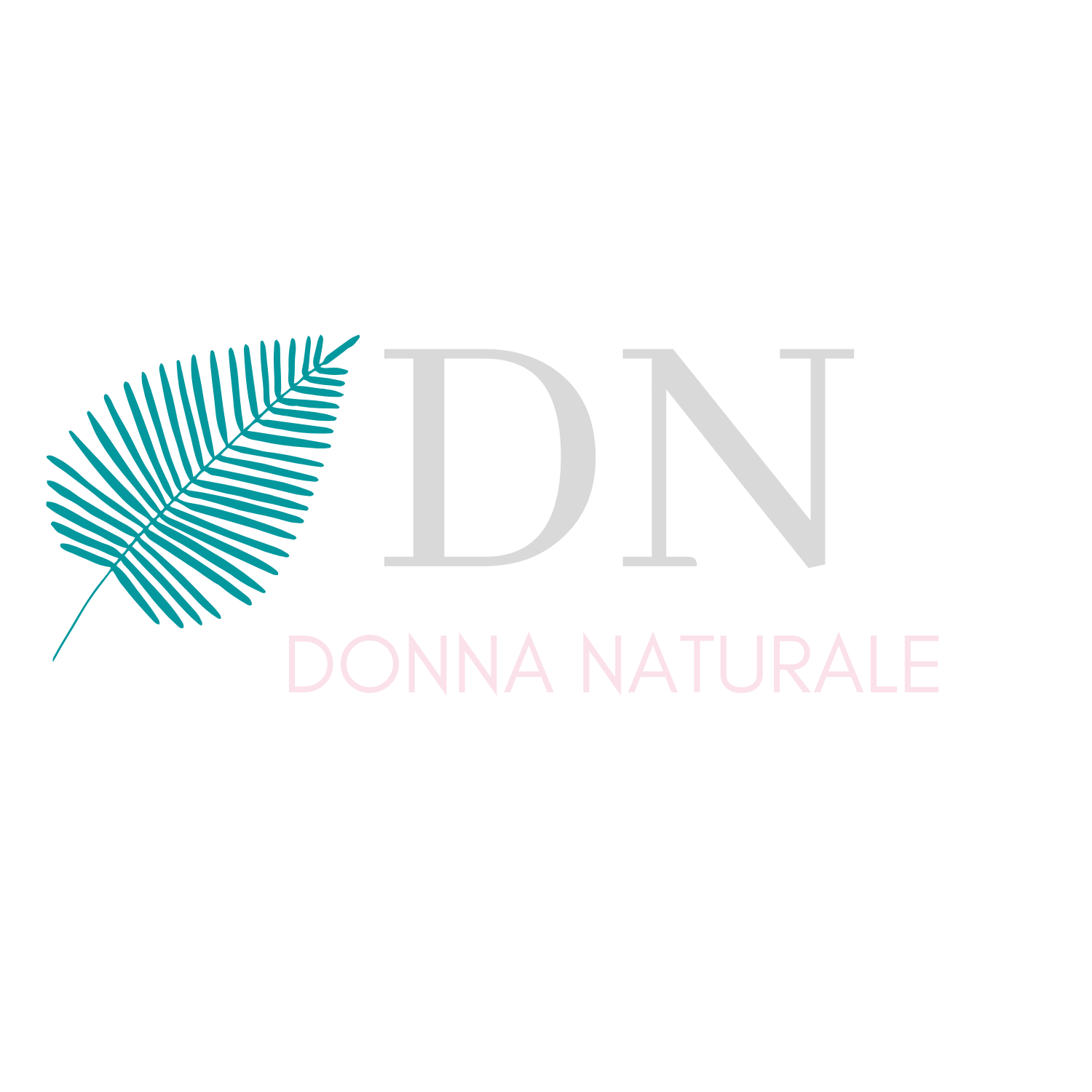You might already be taking steps to reduce the waste your household produces… But there are those few areas where waste just seems to be unavoidable. The truth is, you probably just haven’t been exposed to the alternatives. Dental care can be one of those high waste areas, so let’s tackle it right now!
Consider all the toothbrushes, tubes of toothpaste, and containers of floss that a single person throws out every year – including the plastic packaging that these products come in. Then scale it up to the amount of people living in your country and you quickly realize that dental care is a significant contributor to our global waste problem.
The good news is: the solutions are here, and they are readily available! Below are easy to implement alternatives that will drastically reduce the waste footprint of your oral care routine.
The Problem With Conventional Toothpaste
Regular toothpaste tubes contain a mix of plastics and aluminum, which makes them unsuitable for recycling. Thankfully, dental care companies are starting to feel the push from consumers asking for more sustainable alternatives. In response, Colgate rolled out a new recyclable toothpaste tube in early 2020. The tube has been under development for years and is available through Colgate’s new Smile For Good toothpaste. The paste itself contains fewer ingredients than most conventional toothpastes and is certified vegan.
Problem solved? Not completely… Current recycling technologies generally depend on a stream of relatively clean plastic. So for the empty tube to actually stay out of a landfill, you will have to cut it open and clean out any residual toothpaste. Even so, the tube can get pulled out from the recycling stream by unknowing workers who mistake it for a regular, unrecyclable tube.
Crushing It Sustainably
A low-waste alternative is toothpaste tablets. These are dry pills that are crushed in between your teeth and turn into a foamy toothpaste in your mouth. Several different brands of toothpaste tablets are available on the market, including Crush & Brush which come in glass containers, disclose all their ingredients and are cruelty-free. The tablets are particularly useful for traveling: Conventional travel-sized toothpaste tubes are extremely wasteful and their regular-sized equivalents are usually not allowed in carry-on luggage on flights. The solid tablets, on the other hand, do not raise issues with airport security.
Make Your Own!
If you prefer to get creative and want to be in charge of selecting your toothpaste ingredients yourself, you can also mix your own toothpaste at home. However, be sure to run the ingredients by your dentist and use care to avoid harsh or overly abrasive materials.
Since the beneficial effects of brushing your teeth depend much more on your toothbrush and on proper brushing technique rather than on your toothpaste composition, you can get away with very simplistic toothpaste recipes. Here are a few ingredients to consider:
- Coconut oil naturally has antimicrobial properties and can form a great base for your toothpaste
- Baking soda combats the acidity in cavities and can act as a mild abrasive for removing scale
- Spices are an easy and safe way to add flavor to your toothpaste
Do not add fluoride to your homemade toothpaste since it has to be very carefully dosed to avoid adverse effects.
Zero Waste Floss
Floss is a frustrating item based on the ratio of packaging to the amount of actual product. Luckily, there are some zero waste floss brands commercially available. Be aware though, that most of them are based on silk – which is produced by boiling silkworms alive. Among the few silk-free options are FLOSSPOT Gold (available in Canada and the US) as well as the bamboo floss by Earth’s Tribe (available in Australia).
Some people also recommend using an oral irrigator such as a WaterPik as a way to reduce your need for synthetic floss. However, I would advise to use caution. While oral irrigators have other beneficial effects for dental health, they do not serve as a full replacement for regular flossing.
Biodegradable Toothbrushes
Toothbrushes are another source of plastic commonly accepted as a necessary evil. That is far from correct since there is a large variety of biodegradable, safe and hygienic toothbrushes commercially available. I personally use and can recommend Lavish Essential’s bamboo & charcoal toothbrushes.
Be Resourceful
From interdental brushes with bamboo handles to recipes for homemade mouthwash, the internet is full of low waste alternatives to commonly used products. Most of them are very easy to implement in your daily routine – others may require a little bit of adjustment. But with the amount of options available, there are no excuses not to make waste-smart choices when it comes to dental care. The cumulative effect over a lifetime is well worth the switch.
Welcome Ellie!

Ellie Auras is a sustainability coach and waste reduction, advocate. She writes about all topics related to the sustainable lifestyle and businesses on her blog Greensplained.com. Follow her on Instagram and Facebook to stay up to date on everything Green.















I just did a blogpost myself about zero waste bathroom swaps! But I love your recipe for making your own toothpaste!
Excellent post. Prior to this I would never have thought about changing up my oral health products.
This is a very earth-friendly post, thanks for sharing such information.
Thank you Amanda for reaching out and making this blog post happen!